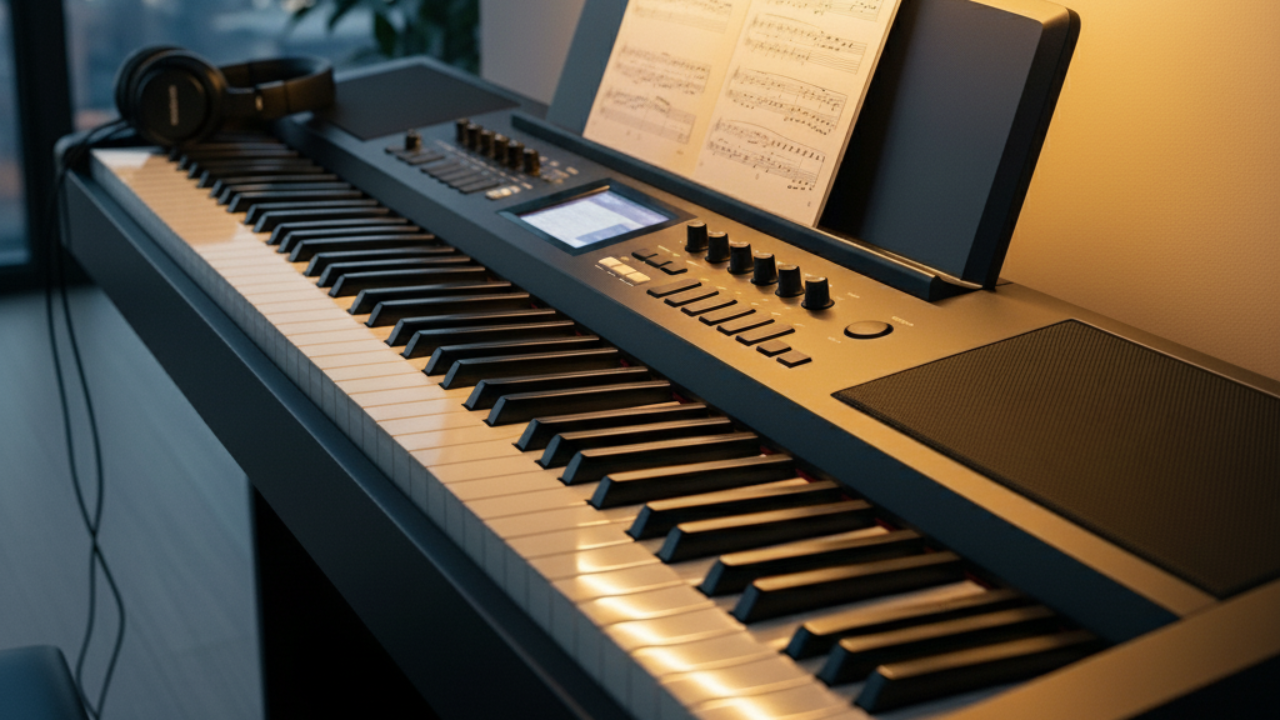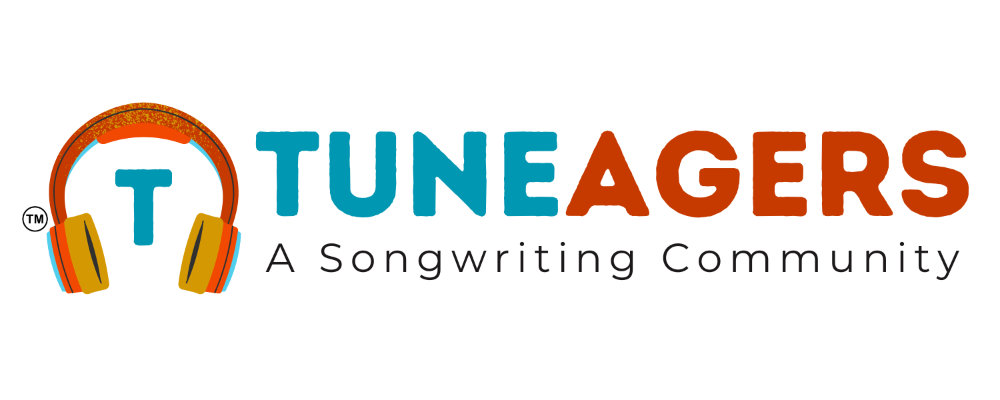What keyboard or piano should I buy?
Sep 04, 2025
What is the difference between a keyboard and a piano?
Learn the key differences between digital pianos and digital keyboards in this beginner-friendly music education guide. Discover which is best for your learning style, space, and budget—whether you're starting piano lessons or exploring music at home. Perfect for new musicians and parents.
Digital Keyboards
- Pro: More affordable and don't require tuning. Ideal for smaller spaces.
- Pro: Keyboards have different sounds (like violins, drums, or horns), built-in effects and some have additional learning features (like lighted keys, or recording capabilities), which can be fun and engaging for someone starting off.
- Con: The keys can be lighter and less responsive than a piano, which might not build the finger strength and dexterity needed for advanced playing.
Digital Pianos
- Pro: The rich, resonant sound of a piano is unparalleled and can be very inspiring.
- Pro: (acoustic) offer an authentic playing experience with weighted keys that have hammers hitting strings inside the instrument. This helps develop finger strength.
- Con: the higher cost, the need for regular tuning and maintenance, and their significant size and weight.
Ultimately, a keyboard is a great, low-commitment starting point to see if your learner enjoys playing. If he or she shows sustained interest, graduating to a piano will offer a more fulfilling and complete musical journey.
Digital Pianos Vs Keyboard Comparison Chart
|
Feature |
Digital Piano |
Keyboard |
|
Key Action |
Weighted or semi-weighted keys, often with graded hammer action |
Unweighted or lightly weighted keys |
|
Touch Sensitivity |
High touch sensitivity for dynamic playing |
Basic to moderate touch sensitivity |
|
Sound Quality |
High-quality, realistic piano sounds with acoustic simulation features |
Wide variety of sounds; piano sounds are generally less realistic |
|
Number of Keys |
Usually 88 keys (same as an acoustic piano) |
Typically 61, 76, or 49 keys |
|
Portability |
Larger and heavier; more stationary |
Lightweight and portable |
|
Features |
Focused on piano playing; minimal extra features |
Offers rhythms, accompaniments, recording, and a wide range of instruments |
|
Intended Use |
Best for serious piano practice and performance |
Ideal for beginners, hobbyists, and multi-genre music learning |
Beginner Keyboards
(Portable, feature-rich, lighter key action)
- Casio CT-S1 (Casiotone)
- Yamaha Piaggero NP-15
- Roland Go:Keys 3
- Yamaha PSR-E373 Portable Keyboard
- Casio CT-S300 Portable Keyboard
- Alesis Melody 61 Keyboard
Beginner Pianos
(Digital for realistic feel)
Acoustic Pianos
(Traditional)
A note on Acoustic Pianos for beginners: While many acoustic pianos can be great for beginners, recommending specific models without knowing your budget, space, and access to used instruments is difficult. A well-maintained used Yamaha M500 or a Yamaha B1 (new) are often cited as good entry-level acoustic options, but they are a significantly larger investment in terms of cost and maintenance than digital pianos. If you're considering an acoustic, it's highly recommended to visit a piano store to try them out and consult with experts.
Where do I buy a digital keyboard or digital piano?
Guitar Center Guide
Sweetwater Guide
Keep in mind that both keyboards and pianos can often be bought used or second-hand from former learners on places like Craigstlist or facebook marketplace.
Tuneagers Recommendation
Start with a basic keyboard that can be plugged into your computer (midi capabilities and USB) and graduate to a digital piano or acoustic piano when the time is right.
Important things to Remember:
- Check that your keyboard has “Midi Capabilities”. This important to provide interactive learning apps and software, access unlimited sounds, recording and composing, and future-proofing. Midi allows your keyboard to “talk” to other hardware and software.
- Don't go overboard. A beginner model is a great place to start.
- More keys or more features? Opt for more keys over features if you on the fence. More keys allows for more dynamic and expressive playing in higher and lower ranges.
- It is very common to graduate instruments and beginner keyboards can easily be resold or handed down.

